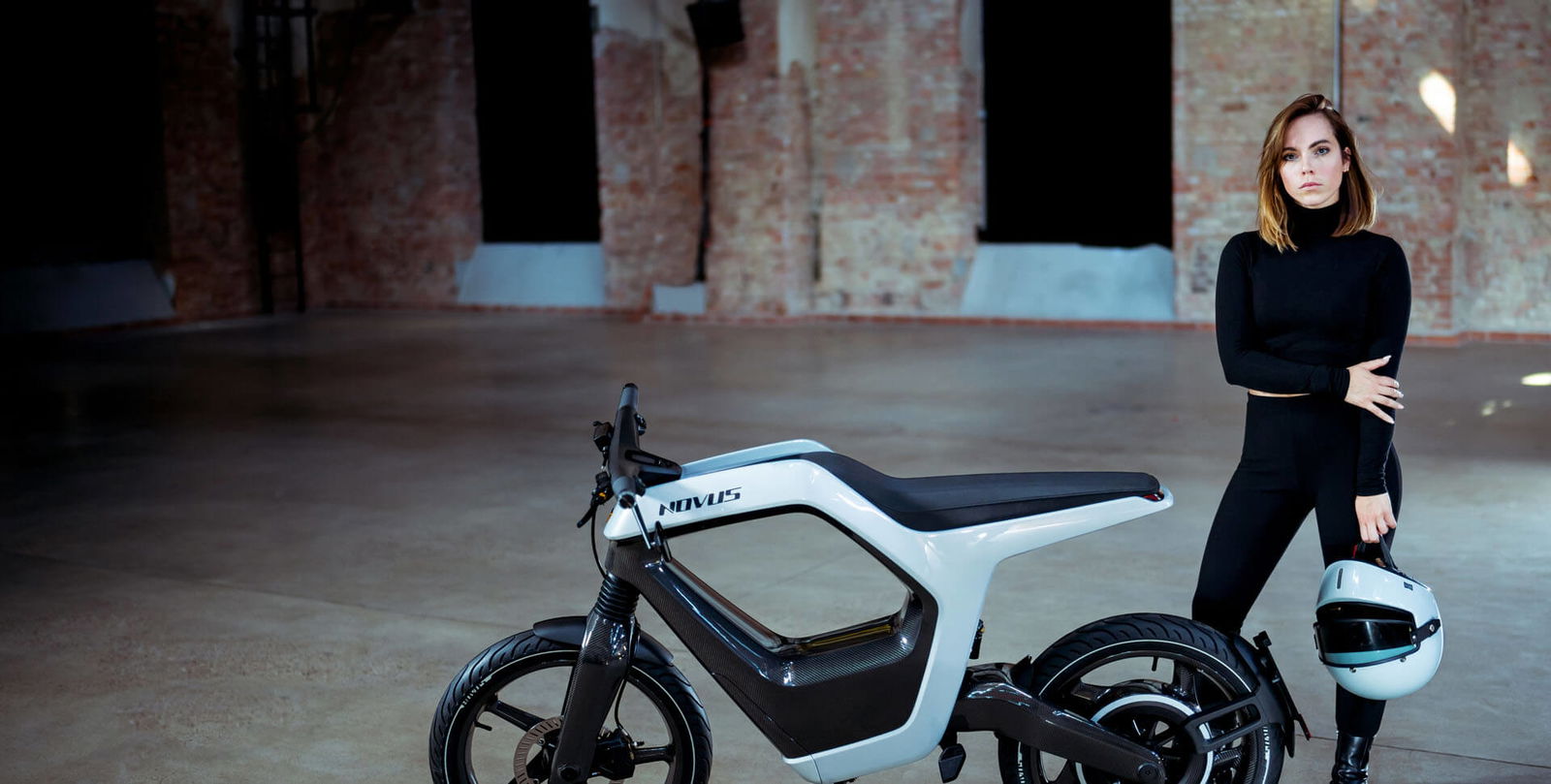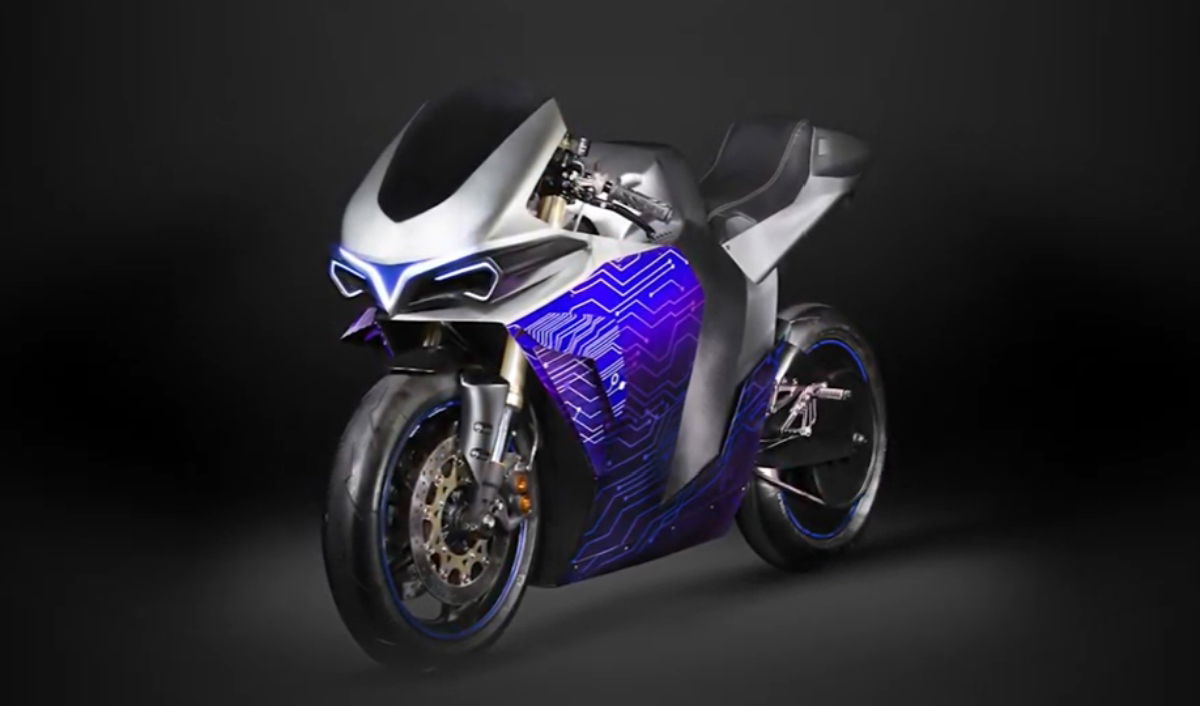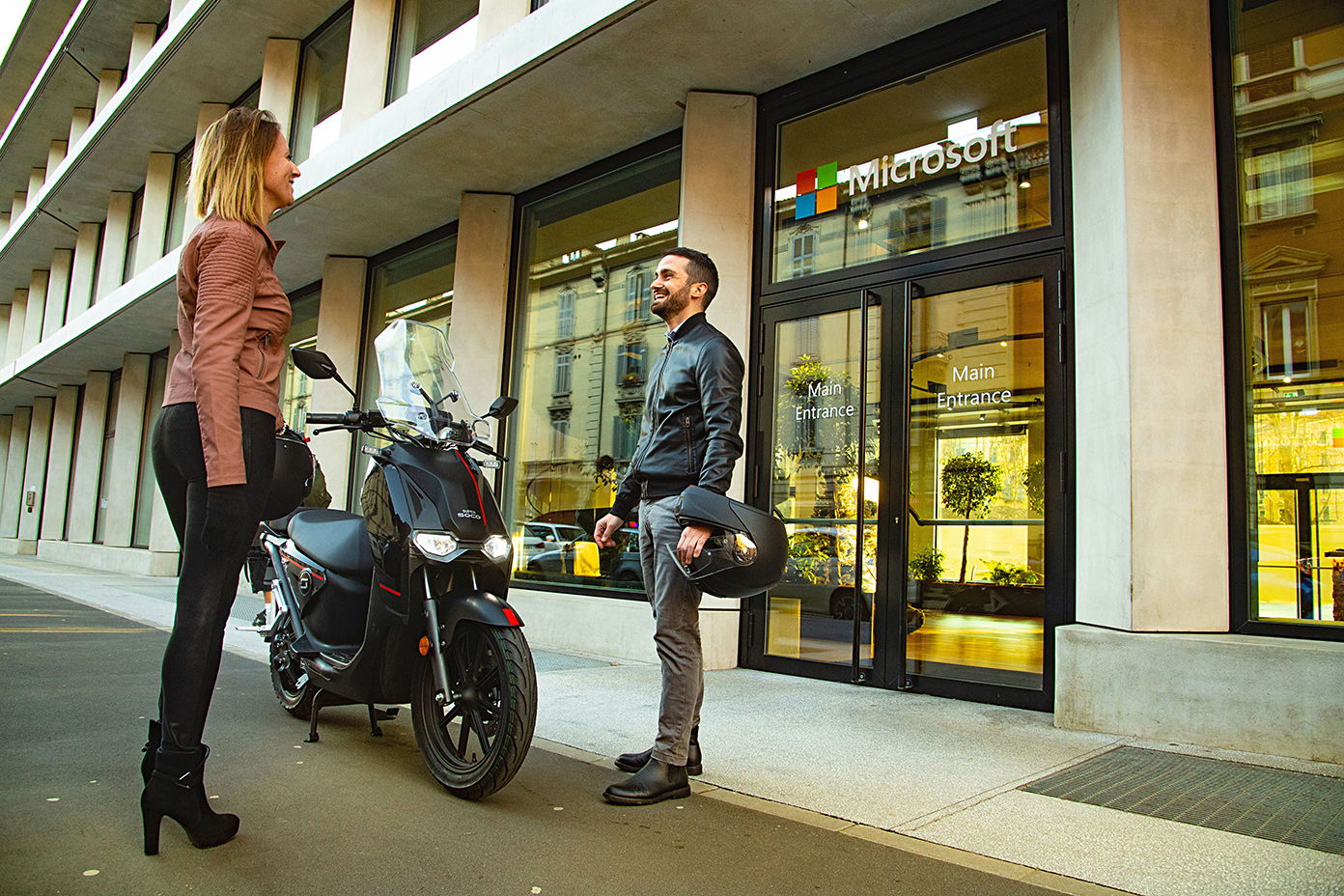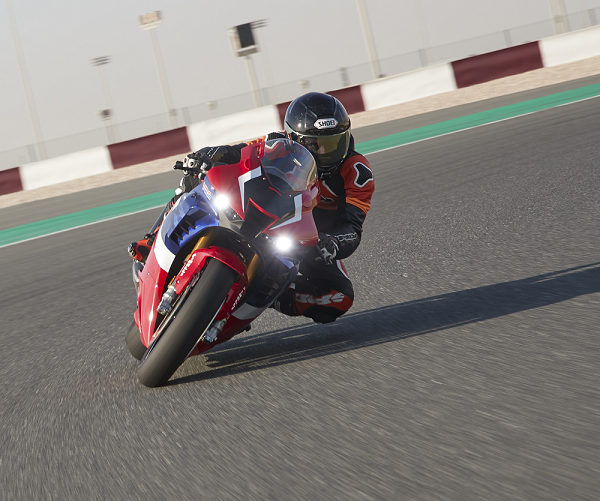Harvard scientists make ‘holy grail’ battery breakthrough
Scientists have made a breakthrough with lithium metal batteries that can hold vast amounts of power and charge in a fraction of the time

THE electric motorcycle conundrum has been rattling on now since the first commercially available electric motorcycles found their way to market. To put it simply, electric bikes take much longer to ‘refuel’ than the petrol competition, and when fully charged, cannot travel as far.
Triumph TE-1 Electric Motorcycle Officially Revealed
And the reason I’m coining this problem as a motorcycle problem is because electric cars are not so range limited thanks to the greater number of cells that they can carry.
Simply throwing more batteries into an electric motorcycle won’t work. More batteries mean more weight, less performance and lower efficiency. It’s been clear for a few years now that a new breakthrough technology would be required to take electric motorcycles to the next level.
And that breakthrough may be just around the corner, after scientists at Harvard University have come up with a new type of lithium metal battery that is stable enough for commercial applications, increasing a vehicle's range and reducing its charge time.

The issue with lithium metal batteries has always been the stability after tiny cracks frequently appear within the cells, reducing their longevity. The new cells developed by Harvard use a multilayer design that has the structure of a less-stable electrolyte sandwiched between more-stable solid electrolytes. This construction prevents lithium dendrite (cracks) from growing within the cells.
The team behind the battery estimate that the new battery is capable of being charged and discharged at least 10,000 times, increasing the lifespan of the battery to be comparable or greater than that of a conventional petrol engine. They also promise a much greater range and recharge times that are a fraction that of lithium-ion battery packs.

Xin Li, an associate professor at Harvard SEAS.
“A lithium-metal battery is considered the holy grail for battery chemistry because of its high capacity and energy density
“But the stability of these batteries has always been poor... By studying their fundamental thermodynamics, we can unlock superior performance and harness their abundant opportunities.
“This proof-of-concept design shows that lithium-metal solid-state batteries could be competitive with commercial lithium-ion batteries. And the flexibility and versatility of our multilayer design make it potentially compatible with mass production procedures in the battery industry.
“Scaling it up to the commercial battery won’t be easy and there are still some practical challenges, but we believe they will be overcome.”


